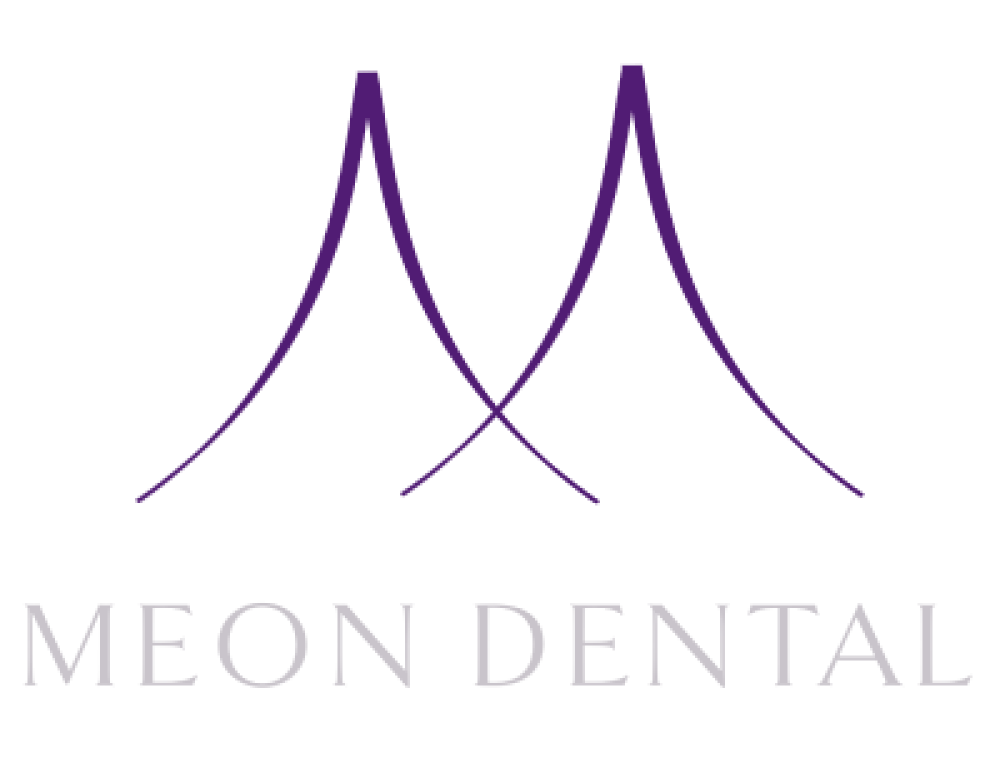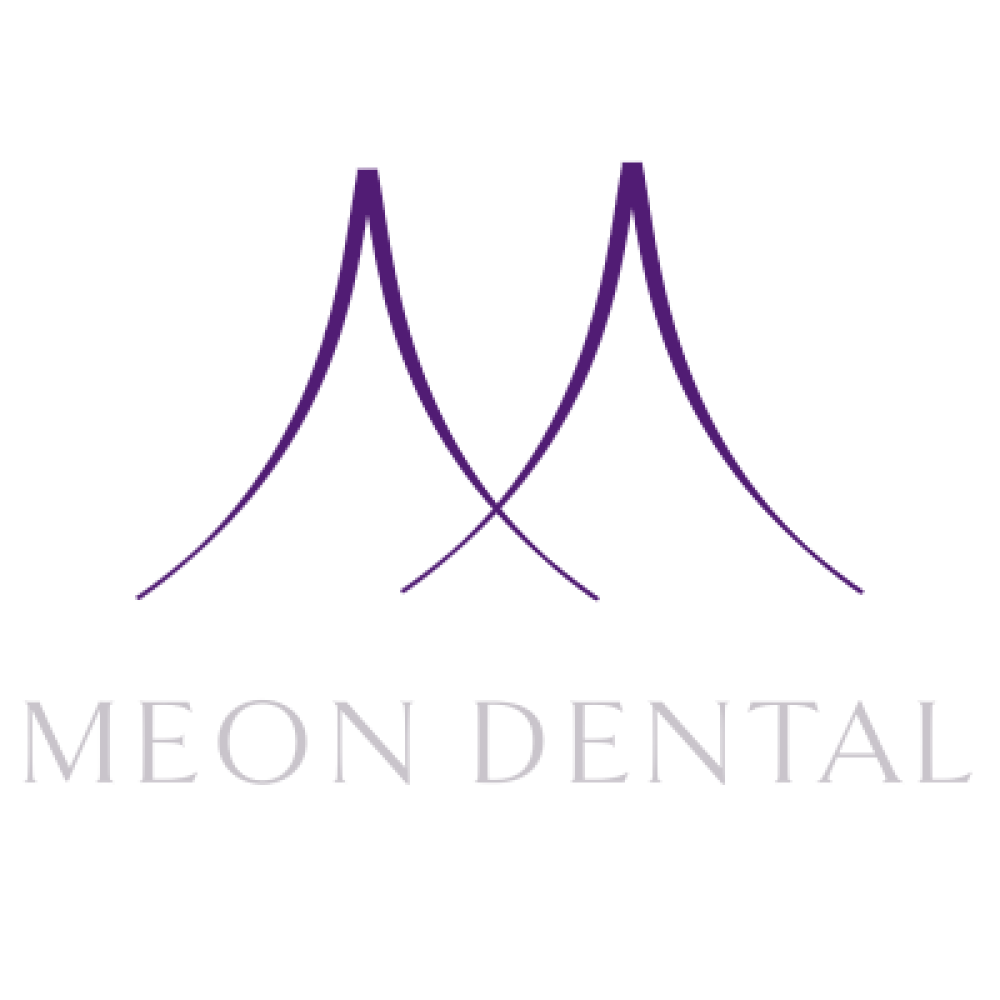The Link Between Seasonal Allergies and Oral Health
As spring blooms and pollen fills the air, many prepare for seasonal allergies. While we’re well aware of the sneezing fits and itchy eyes that come with the territory, what may surprise you is the impact seasonal allergies can have on your oral health. This article will explore the often-overlooked connection and provide practical tips for safeguarding your smile during allergy season.
Understanding Seasonal Allergies
Seasonal allergies, also known as hay fever or allergic rhinitis, occur when the body’s immune system reacts to environmental allergens, such as pollen, mould, and dust. This immune response triggers a cascade of symptoms, including sneezing, congestion, and itchy eyes, as the body attempts to rid itself of the allergens.
Effects on Oral Health
You may not realise that seasonal allergies can also affect your oral health. Common symptoms such as nasal congestion and mouth breathing can lead to dry mouth and reduced saliva production. Saliva is crucial in maintaining oral health by washing away food particles and neutralising acids that can erode tooth enamel. When saliva flow is compromised, tooth decay, gum disease, and bad breath risk increases.
Additionally, postnasal drip—an unpleasant side effect of seasonal allergies—can irritate the throat and lead to a sore throat or cough. These symptoms may prompt individuals to breathe through their mouths more frequently, further exacerbating dry mouth and its associated oral health issues.
Allergy Medications and Oral Health
Many allergy sufferers rely on medications such as antihistamines and decongestants to alleviate their symptoms. While these medications can provide much-needed relief, they may also affect oral health. Antihistamines, for example, can cause dry mouth as a side effect, compounding the oral dryness experienced during allergy season. Decongestants, on the other hand, can decrease saliva production, further exacerbating dry mouth symptoms.
Preventive Measures for Allergies
Fortunately, there are steps you can take to minimise the impact of seasonal allergies on your oral health:
- Stay hydrated: Drink plenty of water throughout the day to help maintain saliva production and moisten your mouth.
- Practice good oral hygiene: Brush your teeth at least twice daily and floss daily to remove plaque and bacteria contributing to tooth decay and gum disease.
- Rinse your mouth: After using nasal sprays or inhalers to relieve allergy symptoms, rinse your mouth with water to help reduce dryness and irritation.
- Use sugar-free lozenges or gum: Chewing sugar-free gum or sucking on sugar-free lozenges can stimulate saliva flow and alleviate dry mouth symptoms.
As allergy season ramps up, you must be mindful of the potential impact on oral health. Understanding the link between seasonal allergies and oral health and taking proactive steps to mitigate the effects can help safeguard your smile and maintain optimal oral hygiene year-round.
Don’t let seasonal allergies take a toll on your dental health. Schedule a dental checkup at Meon Dental to ensure your smile stays bright and healthy, even amidst allergy season. Our experienced team is here to provide personalised care and guidance to help you maintain a beautiful, healthy smile for years.


